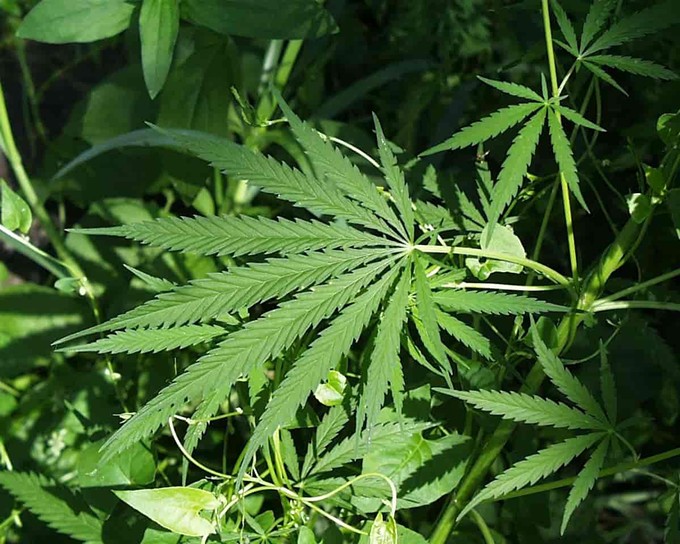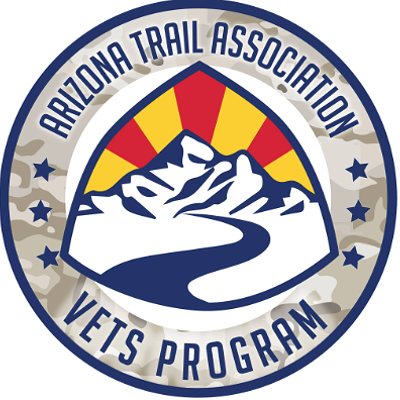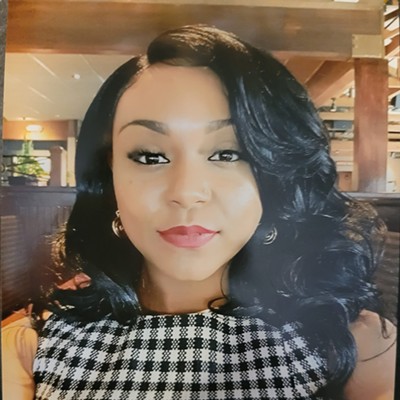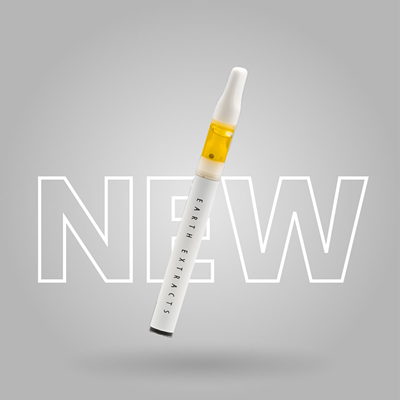ADHS accepted applications the first two weeks of December 2021 and, at the end of the day, more than 1,500 were submitted. clock is ticking down to the time when the Arizona Department of Health Services is going to drop its balls into the hopper and choose who gets to reap what is likely to be tens of millions of dollars at stake in the upcoming lottery for 26 social equity adult-use licenses.
Nearly one-third of the applications made their way to ADHS through “mentorship programs” set up by three of the largest operators in the state.
A list posted on the ADHS website in mid-December showed that 368 were submitted through the agency of Mohave Cannabis Co., an eastern Arizona company; 110 from Copperstate Farms (Your Bright Horizon) in Snowflake, and 90 from Mint Cannabis, founded in 2012 as Brightroot Inc. in Guadalupe, Arizona.
Local cannabis entrepreneur Zsa Zsa Simone Brown, who is part of a group currently suing ADHS to try to put the social equity lottery on hold so that the rules can be fine-tuned, thinks that list illustrates the problems with the program.
“They need to do away with that whole thing,” Brown said of the current configuration of the program. “They need a whole separate entity to oversee the program that has accountability to the voters .”
Brown is part of Acre 41, a group of four “influential female Black, Indigenous, and people of color” who sued to halt the application process late last year to try to get ADHS to rewrite the rules to ensure licenses do not end up in the hands of established businesses that have already reaped the benefits of legal weed.
A Dec. 28, 2021 email blast from the group states that “mainstream license holders” have “gamed the system” by “establishing hundreds of entities that have back-office agreements.”
“Due to the numerous glaring loopholes in the rules, as expected, multi-state operators and unscrupulous individuals have taken advantage of the system, submitting in excess of 1,500 applications,” the email states. “This is why Acre 41 is going to such great lengths to ensure that these licenses are protected, and as was promised in the voter initiative, set aside for people from disproportionately impacted areas.”
On Dec. 1, Maricopa County Superior Court Judge Randall Warner denied an injunction against ADHS, but scheduled a hearing for Jan. 28 at 9 a.m.
In a motion to dismiss the case, Roopali H. Desai, one of Prop 207’s primary authors from Coppersmith Brockelman PLC in Phoenix, argued that Acre 41 was “lying in wait” until two weeks before the application period and had ample time over the course of the previous six months to make their voices heard.
“They (belatedly) seek mandamus and declaratory relief against the final [social equity] rules ... and ask the Court to enjoin DHS from allocating [social equity] licenses until DHS adopts rules more to Plaintiffs’ liking.”
In response, Acre 41’s attorneys stated that, “Defying the voters’ mandate, Defendants devised a regulatory scheme that allows multi-million-dollar marijuana corporations to immediately gobble up all 26 dispensary licenses the voters reserved for the people hurt most by the drug war. Even worse, the regulations Defendants crafted make no effort to ensure the jobs, sales tax revenues, and broader economic benefits marijuana businesses generate are returned to those communities most disproportionately harmed by the drug war.”
One of the biggest issues the group has with the rules: They would allow a transfer of majority ownership to the big players in the industry that are likely to provide resources and capital to applicants.
The licenses are estimated to be worth $10 to $15 million, with the cost of establishing a business in the million-dollar range. Successful applicants must obtain real estate and comply with a host of regulations, but also navigate the regulatory minefield of state and local governments to obtain zoning permits and other requirements.
According to the ADHS website, applicants must also have lived for three of the past five years “at a physical address in an area that has been identified by the Department as being disproportionately affected by the enforcement of Arizona’s previous marijuana laws.”
The Department identified those areas through analyses of criminal justice and socioeconomic data that included “considerations of limitations within the various data sources.”
ADHS identified 87 ZIP codes that depended on 2019 racial population data to identify areas with populations of Black/African American, American Indian/Alaska Native and Hispanic greater than 50% of the total population. It also looked at 2019-2020 data from the Arizona Department of Economic Security Supplemental Nutrition Assistance Program to find areas where the population received SNAP benefits above 25% of the population.
According to ADHS, 2,700 individuals completed mandated training by Nov. 24, 2021.
The lottery will not likely take place until after the beginning of February, as ADHS has to review all of the applications that are submitted and allow applicants to fix any problems.
That will give the women of Acre 41 the opportunity to go before the judge again and make its case to pause the program until the problems they see are fixed.
“No longer is it necessary for the public, DHS or the court to guess what might happen under the rules in their current state; the proof is in black and white,” Brown wrote in the Dec. 28 email. “There is plenty of opportunity for everyone, but the focus should and must be on people from disproportionately impacted areas, not 26 lottery tickets that will fall into the hands of multi-state operators in a matter of months.”
The lawsuit is not coming cheap either, as Brown estimates Acre 41 has already spent $30,000 on legal representation.
But she says the fight won’t be over, even if they lose the case.
“What we want to do is bring light to the situation so that it can’t not be unseen,” she said in a subsequent interview. “Once people see all of this, more people will be talking about it. Once you read the fine print, you’ll see something is missing here.”














